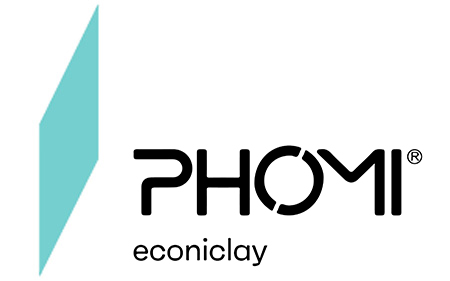Faq
What surfaces can Phomi be applied to?
Phomi can be applied to a wide range of surfaces, including concrete, wood, metal, plastic, glass, and more. It is important that the surface is clean, dry, and free of dust, oil, and loose particles before installation.
Can Phomi be installed in wet areas?
Yes, Phomi is water-resistant and can be installed in wet areas like bathrooms and kitchens. However, it is recommended to apply a waterproof layer to the surface before installation to enhance durability.
Is Phomi suitable for outdoor use?
Yes, Phomi is UV-resistant and can be used for both interior and exterior applications, including on facades and outdoor walls.
How do I maintain Phomi surfaces?
Phomi surfaces can be easily cleaned with a soft brush or cloth to remove dust and debris. For deeper cleaning, use a mild detergent with water and avoid harsh chemicals.
Is Phomi environmentally friendly?
Yes, Phomi is made from natural materials and is environmentally friendly. It contains no harmful chemicals like formaldehyde and is safe for indoor use.
Can I install Phomi myself, or do I need a professional?
While Phomi can be installed as a DIY project, professional installation is recommended for larger or more complex applications to ensure a perfect finish.
How does Phomi compare to traditional tiles?
Phomi is lighter, thinner, and more flexible than traditional tiles, making it easier to handle and install. It offers a similar aesthetic while being more versatile in its application.
Can Phomi be used around heat sources like fireplaces?
We do not recommend using Phomi around high-heat sources, such as fireplaces, as prolonged exposure to high temperatures may affect the material.
Does Phomi come with a warranty?
Yes, Phomi comes with a warranty that covers manufacturing defects discovered before installation. The warranty is only valid for defects identified prior to the installation process. Any defects found after installation are not covered under the warranty. To ensure coverage, thoroughly inspect all Phomi products upon receipt and report any defects immediately before proceeding with installation.
